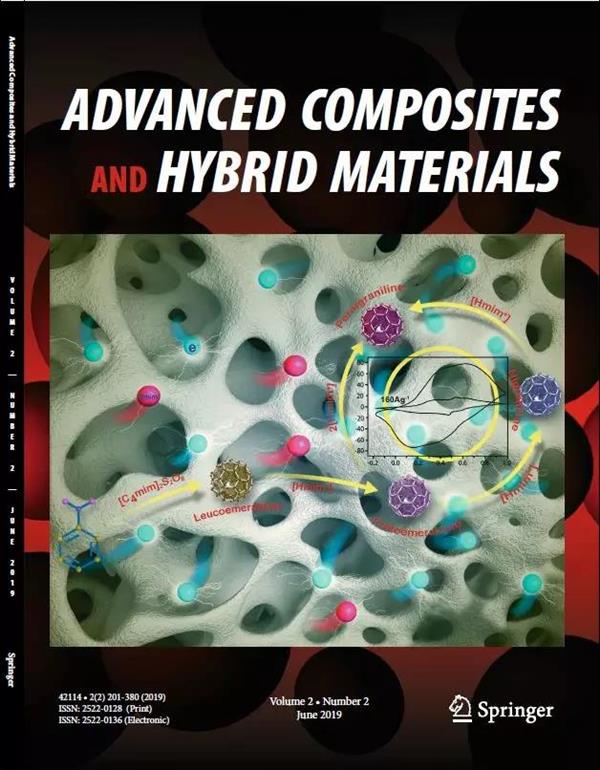A novel eco-friendly bamboo-based composite biochar for effective removing oxytetracycline hydrochloride
Abstract
Tetracycline contaminants are frequently found in groundwater and surface water, which contribute to the proliferation of antibiotic resistance genes, leading to significant environmental pollution. Adsorption technology is an efficient and reproducible remediation method. In this work, a bamboo-based composite biochar was prepared by attaching zeolitic imidazole framework-67 to delignified bamboo flakes, followed by carbonization using the solvothermal method to remove oxytetracycline hydrochloride from water. The chemical and physical properties of the composite were characterized using different surface analysis techniques. The findings revealed that zeolitic imidazole framework-67 modified bamboo-based composite biochar, with a maximum adsorption capacity of 310.74 mg·g−1, adhered to the pseudo-second kinetic model and Langmuir isothermal model during the adsorption of oxytetracycline hydrochloride. The adsorption process was spontaneous, exothermic, and involved monolayer chemisorption. Possible mechanisms included electrostatic interactions, hydrogen bonding, physisorption and π-π interactions. This study demonstrates that the bamboo-based composite biochar possesses excellent adsorption properties for oxytetracycline hydrochloride and could serve as a cost-effective and environmentally friendly adsorbent for removing antibiotics from water.
Graphical Abstract

 求助内容:
求助内容: 应助结果提醒方式:
应助结果提醒方式:


